Pas de label bio pour l’agrobusiness !
- Pain pour le prochain
- 12 Mar 2021
Il est scandaleux qu’un groupe comme Socfin puisse laver son image en arborant le bourgeon de Bio Suisse
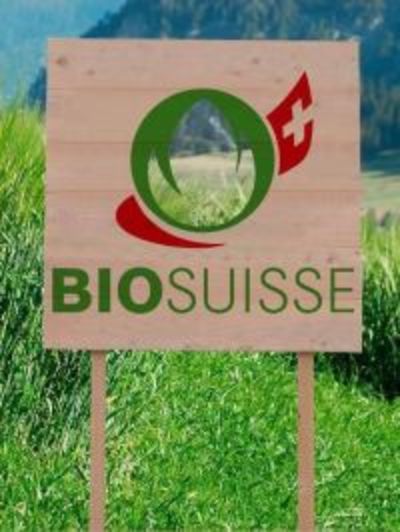
Il est scandaleux qu’un groupe comme Socfin puisse laver son image en arborant le bourgeon de Bio Suisse
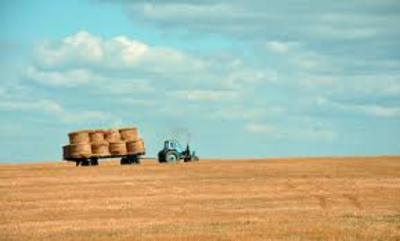
Investors trying to decide what world farmland market in which to allocate capital may want to consider an advantage the Canadian market can offer – the ability to participate via an open-ended structure.
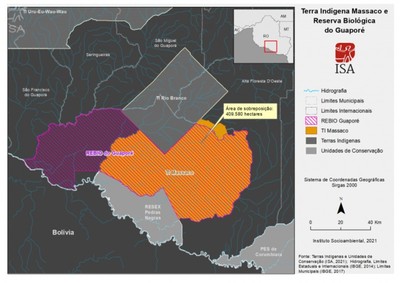
Em programa Adote Um Parque, governo quer passar para mãos de empresas privadas território com presença de indígenas em isolamento voluntário, condição que exige alto conhecimento especializado e consulta a entidades indígenas.

The deal size reflects the growing demand for farmland investments, as investors seek alternative assets amid heightened market volatility, fears of inflation, an emphasis on sustainability, and more.
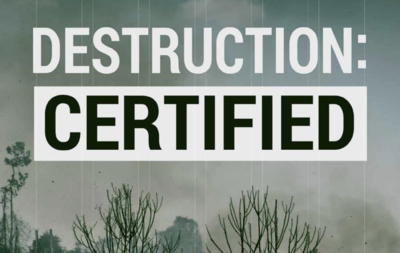
A new Greenpeace report shows how certification schemes end up greenwashing agricultural products linked to deforestation, ecosystem destruction and rights abuses.
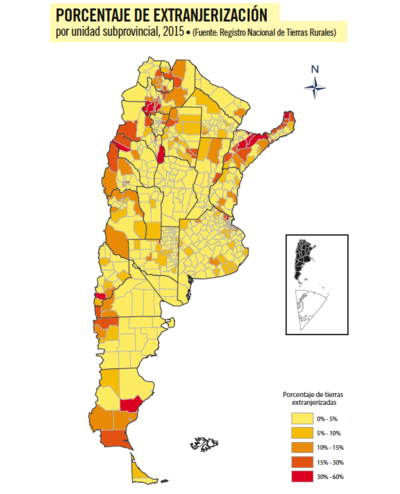
El 40% del territorio argentino, 65 millones de hectáreas, está en manos de 1.200 terratenientes. ¿Quiénes son, cuáles son los orígenes del latifundio y por qué cada vez hay más propietarios extranjeros? Claves de un informe reciente elaborado por el Instituto de Estudios y Formación (IEF-CTA).
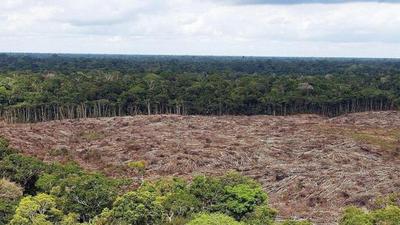
El Supremo Tribunal Federal de Brasil estudia un caso de venta ilegal de tierras propiedad de pueblos indígenas, tras una investigación de la BBC
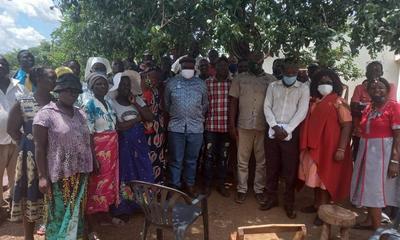
A group of Civil society groups in Zimbabwe has told the government to immediately withdraw the Statutory Instrument that legalises the eviction of Chilonga people in Chiredzi to grow feed for a dairy company.
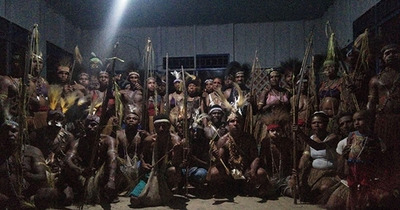
Indonesia is the world’s largest exporter of palm oil and Papua is the new frontier. Kinggo indigenous group that owns the customary forest in Boven Digul Regency, Papua is fighting to protect their land against subsidiary of Korean palm oil giant, the Korindo Group.
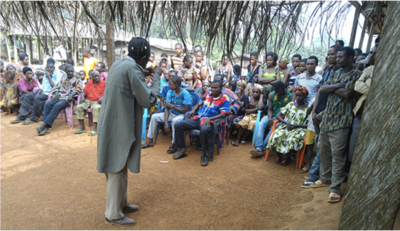
Grassroots organisations and community leaders from across the region have been organizing, mobilizing, raising their voices, and networking among each other to stop this destructive and violent occupation of their land.
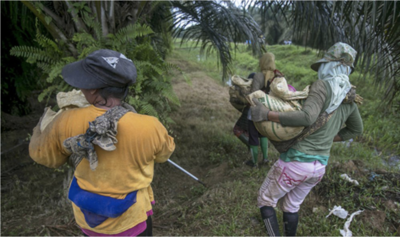
If the plantation model in itself is understood as a violent, destructive, structurally racist and patriarchal one, can corporate gender-specific policies do more than cover up this violence and destruction?
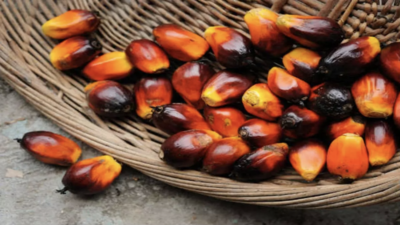
The joint venture by Wilmar, Josovina Commodities and Bidco Africa Ltd is establishing its second palm oil project on Buvuma Island and targets to have 1,000ha under trees this year and 5,000ha in four years